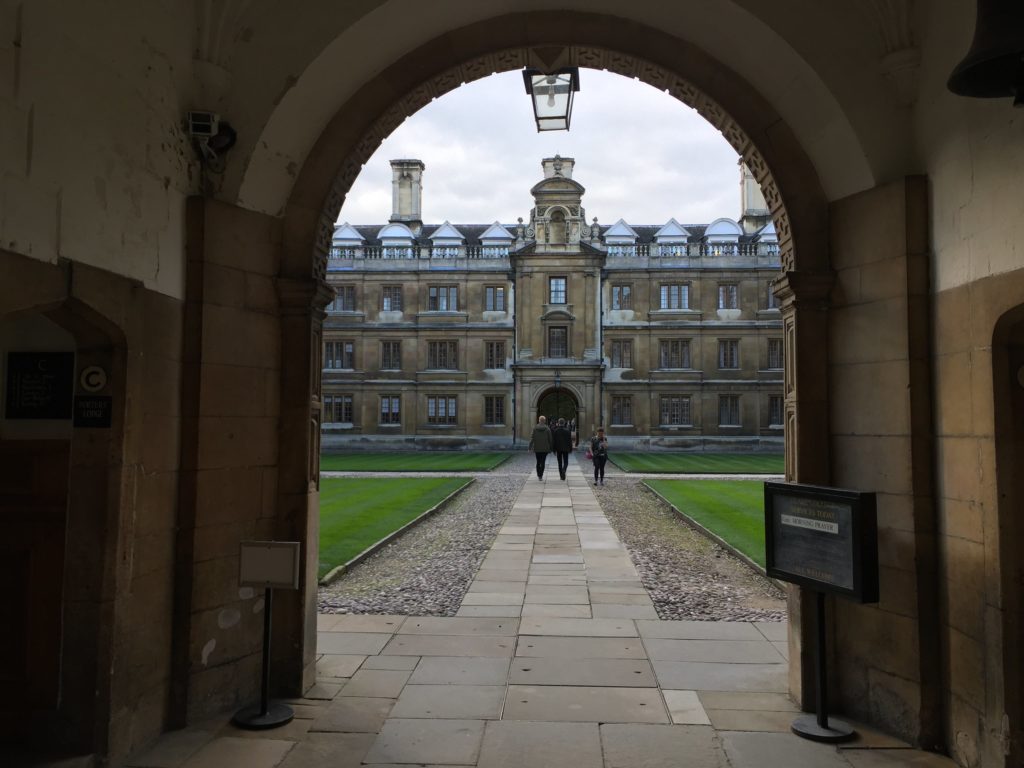Neoclassical economics has always relied on a positivist approach to economic issues, presenting economists as being non-ideological and free from bias. Even after the 2008 Financial Crisis, this has remained largely unchanged – with no major re-evaluation of thinking around neoclassicists relationship to ideology and its impact on plurality and pedagogy in the discipline.
Ideology is embedded in economics departments all over the world (though we will see later that this problem afflicts some groups more than others). Recognising this would have dramatic implications for the discipline.
In our recent study ‘Who said or what said? Estimating Ideological Bias in Views Among Economists’, we subject this matter to empirical scrutiny for the first time. Using an online survey of over 2400 economists from a total of 19 countries, we attributed the source of 15 quotes to economists of different ideological persuasions. All participants received identical statements but the authors of the statements were randomly changed without the participant’s knowledge.
The results of the survey were revealing: while a substantial majority of the participants (approximately 82%) agreed that ‘a claim or argument should be rejected only on the basis of the substance of the argument itself’, the wider results of the study suggest that in practice economists do not adhere to their own self-reported principle. More specifically, they were significantly more likely to reject an argument if it was attributed to an economist outside of the mainstream club. For example, when a statement criticising ‘symbolic pseudo-mathematical methods of formalizing a system of economic analysis’ from Keynes was attributed to Kenneth Arrow, the agreement level from economists was 11.6% higher.
We also found significant and systematic differences among economists with different characteristics: the estimated bias significantly rose as respondents’ political views moved rightwards, and was stronger among mainstream economists than among heterodox economists – with macroeconomists, public economics, international economics and financial economics displaying the most pronounced bias.
Furthermore, male economists displayed a greater degree of bias than women, with an even larger divergence when it came to a question around gender problems in economics. Geography also played a considerable role, with economists with a PhD from the US, Canada, Asia and Scandinavia exhibiting stronger ideological bias than economists from South America, Africa and Mediterranean countries. Our study also found that whether participants had an undergraduate degree in economics also had a notable impact on the results, with those with an undergraduate economics degree displaying stronger bias.
It may be argued that the bias found in our study only exists because the survey was a ‘low stakes’ environment; when it comes to serious academic work, economists will put their ideological biases aside and behave like real scientists, it may be argued. However, there is a lot of evidence emerging that ideological bias affects many areas of academic life and thus the output of many economists. There is growing body of evidence that economists’ political leanings and value judgements affect not just their research but also citation networks, faculty hiring as well as their positions on issues related to public policy. As a result, ideological bias plays an important role in suppressing plurality, narrowing pedagogy, and delineating biased research parameters in economics.
An important step that helps identify the appropriate changes necessary to minimize the influence of ideological biases is to understand their roots. As argued by prominent social scientists such as Popper, Foucault, Thompson and others, ideological bias is primarily knowledge-based and influenced by the institutions that produce discourses. There are two main channels through which mainstream economics, as the dominant and most influential institution in economics, propagates and shapes ideological views among economists: economics education, and social structures and norms within the profession.
Economics education is heavily reliant on
Social structures and norms within the profession also deeply influence economists’ adherence to dominant ideological views. While social structures and norms exist in all academic disciplines, economics seems to stand out in at least several respects, resulting in the centralization of power and the creation of incentive mechanisms for research, which in turn hinder plurality, encourage conformity, and adherence to the dominant (ideological) views.
The results of our study suggest that there is a need for changes in the economics profession that acknowledges the levels of ideological bias and reduces it, in order to protect both the academic discourse itself and those engaging with economics from the detrimental effects of ideological bias. We believe that economists recognizing their own biases, especially when there exists evidence that suggests they could operate through implicit or unconscious modes, is the first step in that direction.
You can read the study here. You can also read more about the study at the Institute for New Economic Thinking, here. Photo credit: Flickr/Heather Cowper.

